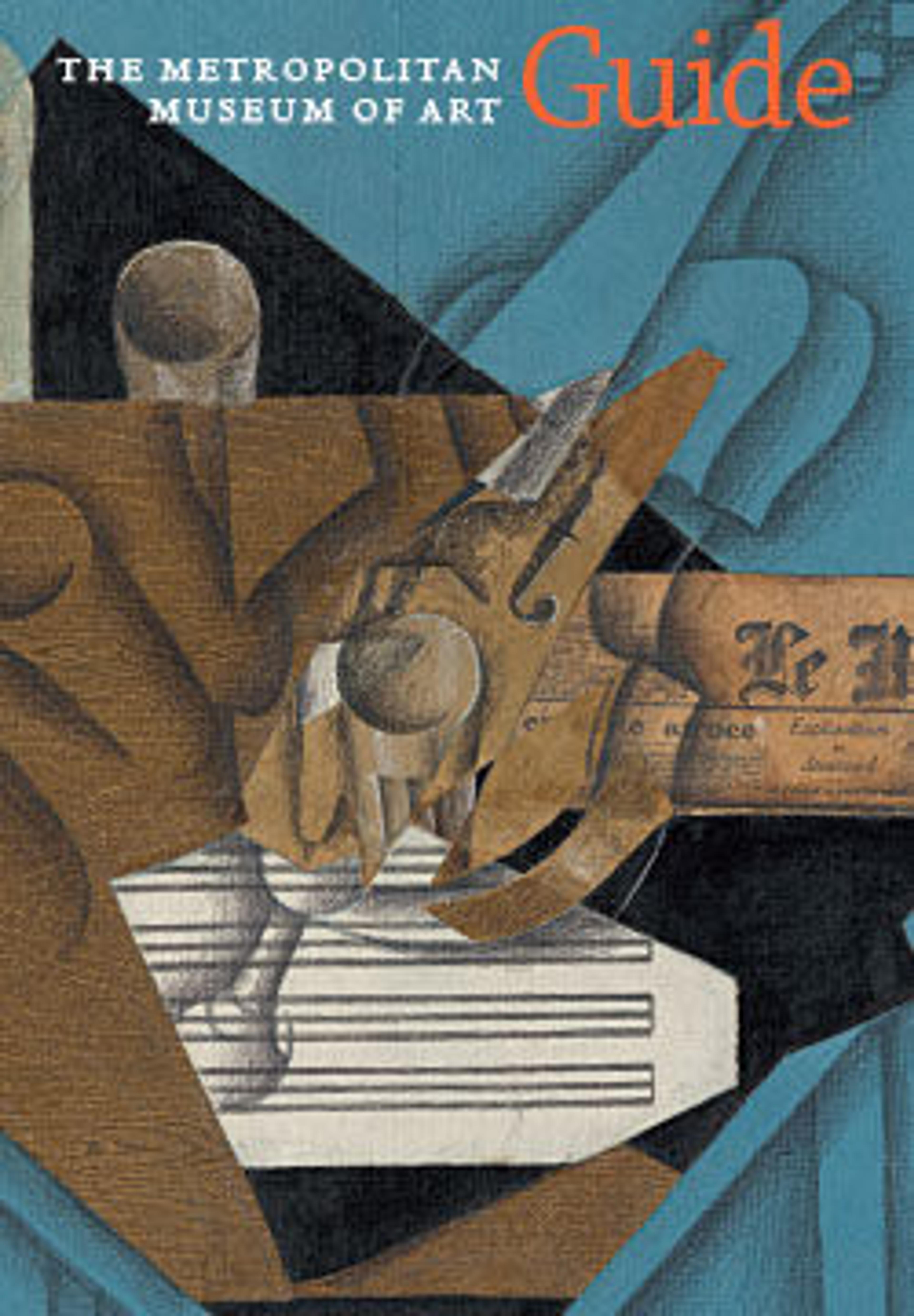English
Daniel Crommelin Verplanck
Verplanck (1762–1834), the scion of a Dutch American dynasty, is shown here at the age of nine, posed at the family’s Hudson Valley homestead, Mount Gulian. He was the eldest son of Judith Crommelin and Samuel Verplanck (39.173). In the painting Copley presented the popular theme of a youth with a trained, gold-leashed pet squirrel, symbolizing patience and diligence in their wealthy owners. The sitter went on to graduate from Columbia College (now University) and become a member of the Whig party in the US Congress. The remarkable perception and clarity of the portrait reveals the hallmarks that made Copley the most successful painter of the upper classes in colonial America.
Artwork Details
- Title: Daniel Crommelin Verplanck
- Artist: John Singleton Copley (American, Boston, Massachusetts 1738–1815 London)
- Date: 1771
- Culture: American
- Medium: Oil on canvas
- Dimensions: 49 1/2 x 40 in. (125.7 x 101.6 cm)
- Credit Line: Gift of Bayard Verplanck, 1949
- Object Number: 49.12
- Curatorial Department: The American Wing
Audio
4322. Daniel Crommelin Verplanck
0:00
0:00
We're sorry, the transcript for this audio track is not available at this time. Please email info@metmuseum.org to request a transcript for this track.
More Artwork
Research Resources
The Met provides unparalleled resources for research and welcomes an international community of students and scholars. The Met's Open Access API is where creators and researchers can connect to the The Met collection. Open Access data and public domain images are available for unrestricted commercial and noncommercial use without permission or fee.
To request images under copyright and other restrictions, please use this Image Request form.
Feedback
We continue to research and examine historical and cultural context for objects in The Met collection. If you have comments or questions about this object record, please complete and submit this form. The Museum looks forward to receiving your comments.
